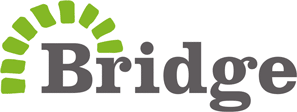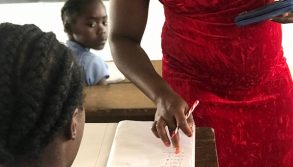We prepare and support teachers for long-term success
7 February 2018
Bridge is proud of its world-class teachers in 500+ schools across Africa and India. To achieve and maintain this standard our teachers must graduate from a rigorous training programme at a Bridge Teacher Training Institute irrespective of their previous experience.
Recently, studies from the World Bank and Education Commission have shown that in many developing countries teachers are struggling with literacy, poor learning materials and a lack of ongoing support to help them perform to the best of their abilities. Classrooms are often remote, technology is scarce and support is limited.
The Bridge teacher training programme was designed with these challenges in mind; and aims to produce great teachers through an initial intensive training programme and a carefully structured programme of ongoing support. We believe that simply gaining a qualification is not enough for teachers to continue to grow, develop and evolve. We know that great classrooms are the result of great teachers and therefore its essential to empower and support teaching professionals throughout their career.
Finding committed teachers means we actively recruit for our schools in three main ways. We partner with government agencies such as the Teacher Service Commission (TSC) in Kenya; we partner with local teacher training colleges and we engage in targeted community outreach.
Before a prospective teacher can attend a Bridge Teacher Training Institute they must first pass through a rigorous screening process. There are some basic benchmarks for all applicants – most are required have a government certification, the remainder must achieve above a certain grade at secondary school, depending on the country. While it is not always a requirement for applicants to have teaching experience prior to training at Bridge, many have experience teaching in public schools or affordable private schools.
Typically, where we operate there are minimum requirements set by the host country governments that dictate how many government certified teachers must be teaching in each and every school and this ranges between 30% in Kenya for APBET (Alternative Provision of Basic Education and Training) schools, to 100% in Liberia where we use government teachers. As you would expect, Bridge adheres to government regulations in every country where it runs or supports schools.
For those who are applying to be teachers in our schools there is a rigorous application process to complete – irrespective of whether they have a government qualification or not – before being invited to attend the Training Institute, including:
- Telephone Interviews;
- Competency exams;
- In-person Interviews;
- Lesson demonstrations and;
- Reference checks.
Following the screening process, an application must then pass a number of performance-based tests during the training including multiple practical performance assessments and then a final written exam. We only want the best in our classrooms.
All of our teachers receive 150 hours of rigorous training through an active learning experience over a three week period. It prepares teachers to teach interactive lessons, conduct 1:1 instruction, provide feedback to pupil work and deploy effective classroom management techniques. The Institute training is run by trainers who have years of experience in the classroom and academics who are experts in pedagogy and bring that expertise to lesson plan design.
The training at the institute is just the beginning. All teachers then go on to receive additional ongoing, regular professional development and support from their School Leader (Headmaster / Principal) to grow their teaching skills in light of their ongoing experiences in the classroom. Reflecting on how they execute lessons in actual classrooms help Bridge teachers grow as teaching professionals. All teachers use teacher guides in their teaching, which provides them with world-class lesson plans, grounded in their national curriculum, and ensures that that can spend their time in the classroom engaging with their pupils focussing on comprehension and helping those who struggle.
The Institute collates feedback through a survey at the end of the programme and observes newly trained Bridge teachers three months after their training at the Institute. The aim is to understand how much knowledge and which skills they’ve retained. This information is fed into a biannual review/update of the training course content and enables teachers to be offered further support if needed.
In addition, the Bridge Academic team continuously monitors, evaluates and improves the training based on an evolving understanding of best practice in teacher training and adult learning from around the world. We iterate and adapt continuously. This evidence-based approach to teacher training means that our methods are as effective as possible, based on current studies and findings. The outcome is an empowered and confident teacher who is able to guide and motivate pupils to try their best and be active learners.
Observation is an important part of the process. Our School Leaders observe each teacher at least once every one-and-a-half weeks, using tailored tools for assessing teacher performance and providing immediate feedback. In addition, academic field officers, who are themselves often trained teachers, observe the teachers at least once a month. This process ensures that no matter how remote the classroom or challenging the environment, no Bridge teacher is left without support. All teachers receive the same detailed training and will benefit from the same ongoing hands-on professional development once they are teaching in our schools.
Many teachers move around schools throughout their career, including to public schools. Those teachers will benefit from the years of practice and ongoing professional development that Bridge brought to their career. Many public school teachers chose to send their children to Bridge.
The Bridge approach to training, supporting and empowering teachers is yielding results. Bridge pupils are outperforming their peers in government-run schools and private schools. In each country where independent tests or exams have been completed, Bridge pupils have achieved well above national and regional averages. So, we are proud of our teachers and of the lives they are changing.









